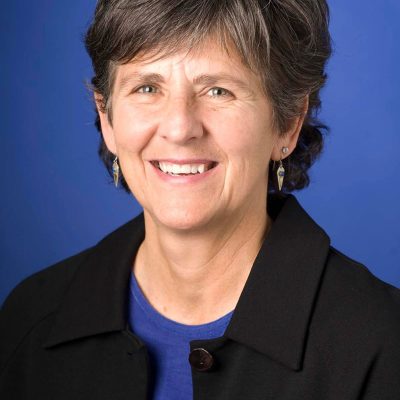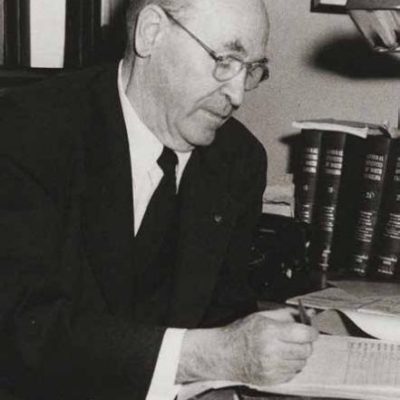In 1978, Onyekwere E. Akwari became the first African American surgeon on the faculty of Duke University Hospital, 15 years after the desegregation of its facilities.
Akwari’s arrival at Duke signaled the ending of Jim Crow policies at the hospital where the primary doctors were all white and nearly all male, and medical care had been segregated by race until 1963. Duke Hospital would treat white patients before noon, while Black patients received care at 4 p.m. or were told to return the next day.
The Nigerian-born Akwari was the son of an export-import business owner father and shopkeeper mother. A track and field and soccer athlete as a teen, Akwari became president of his class at the University of Southern California School of Medicine in 1970 and went on to design an Emergency Medicine Residency Program for the Martin Luther King/Drew Center in Los Angeles. Akwari’s research centered on gastrointestinal hormones.
Akwari’s low-key, engaging presence at Duke was transformative, having been a prominent voice in bringing minority students and women to Duke. He was described as a compassionate physician and dedicated mentor and was one of four surgeons who initiated the Society of Black Academic Surgeons in 1989. Akwari organized the society’s first meeting, with the late Duke historian John Hope Franklin delivering the keynote address.
In 2022, the School of Medicine created a distinguished professorship in his honor that provides 5 years of funding for early-career surgeons to support their research.
Last year, Duke Surgery established The Akwari Society to honor the physician’s legacy. Thirty-four physicians and medical students were inducted into the inaugural class.
“My dream was to do something useful,” Akwari once told his daughter, “And being useful means doing something for other people.”



